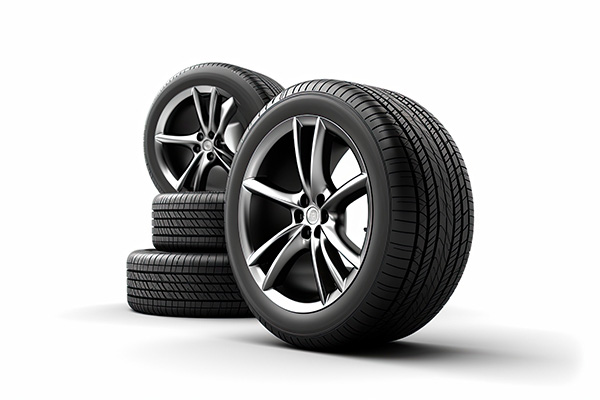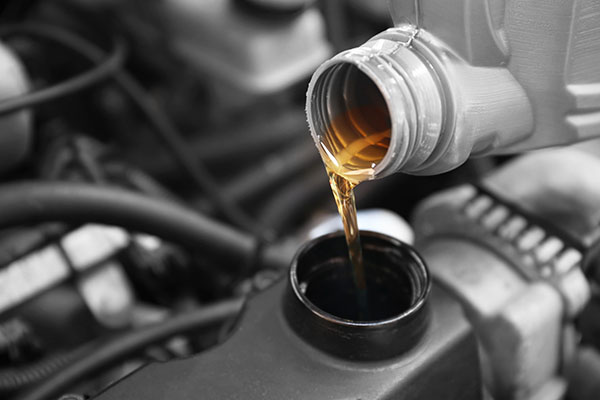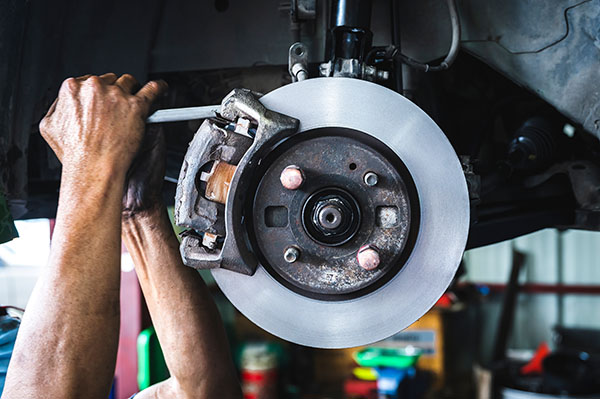Posted on 5/28/2024

Do you usually cruise down the highway with your favorite tune blasting through the speakers? Sounds like the perfect drive, right? Well, not quite. While music can certainly enhance the driving experience, cranking up the volume or wearing headphones can pose serious risks on the road. The Impact of Loud Music on Driving Performance Sure, blasting your favorite playlist can make the commute more enjoyable, but it can also impair your ability to drive safely. Studies have shown that loud music can distract drivers, leading to slower reaction times and decreased situational awareness. When your focus is on the beat rather than the road, you're more likely to miss important cues like honking horns or screeching brakes. The Dangers of Headphones Behind the Wheel For some drivers, wearing headphones seems like a convenient way to enjoy music without disturbing others. However, this practice can be incredibly dangerous. By bl ... read more
Posted on 4/26/2024

Are you thinking about upgrading your car's tires and wheels? Before you make the leap, consider a few key factors to ensure you're making the right decision. What are the most important things to remember before upsizing your tires and wheels? 1. Vehicle Compatibility Before you start shopping for new tires and wheels, it's crucial to ensure they are compatible with your vehicle. Not all tires and wheels will fit every car, so be sure to check your vehicle's specifications, including bolt pattern, offset, and tire size requirements. Upsizing tires and wheels that are not compatible can lead to issues with performance, handling, and even safety. 2. Performance Considerations Upsizing your tires and wheels can significantly impact your vehicle's performance. While larger wheels may give your car a more aggressive look ... read more
Posted on 3/31/2024
.jpeg)
Are you tired of watching your hard-earned money go up in smoke at the gas pump? With fuel prices seemingly on a perpetual rise, finding ways to reduce car fuel consumption has become more crucial than ever. Fortunately, you don't need to invest in expensive gadgets or undergo major vehicle modifications to improve your fuel efficiency. How, you might ask? Continue reading to find out! 1. Maintain Proper Tire Pressure Believe it or not, your tire pressure plays a significant role in your vehicle's fuel efficiency. Under-inflated tires create more rolling resistance, causing your engine to work harder and consume more fuel. To combat this, make it a habit to check your tire pressure regularly, ideally once a month, using a reliable pressure gauge. Inflate your tires to the recommended pressure specified in your vehicle's owner's manual or the sticker inside the driver's side door jamb. Keeping your tires properly inflated can improve ... read more
Posted on 2/28/2024

Have you noticed any unusual performance from your vehicle lately? If so, it might be beneficial to consider a fluid flush. Recognizing the signs and understanding the importance of this regular maintenance task can help you keep your vehicle running smoothly for many years to come. 1. Abnormal Fluid Characteristics Fluids such as oil, coolant, and transmission fluid should have a clear, smooth appearance. Any deviation from this norm, such as discoloration or a gritty texture, suggests contamination. Addressing these issues promptly with a thorough flush can prevent further damage to your vehicle's systems. 2. Unpleasant Odors An unusual, burnt smell emanating from your engine or transmission fluid could signal overheating or fluid breakdown. Identifying and addressing this issue early through a flush can help prevent more severe problems down the road. 3. Deteriorating Performance If you ... read more
Posted on 1/29/2024

When it comes to driving, your car's braking system is important, to say the least. But did you know that air in the brake lines can turn a regular stop into a risky maneuver? The most common cause behind this? Air in the brake lines. How Does Air Get In Brake Lines Air can enter into brake lines through several means, including improper maintenance practices like brake fluid changes or brake system component repairs. It can also sneak in through leaks, particularly in corroded or damaged brake lines. Even small amounts of air can greatly affect brake performance, as opposed to brake fluid, which is not compressible. 5 Signs Of Air In Brake Lines 1. Spongy or Soft Brake Pedal Imagine stepping on your brake pedal, and instead of the usual firmness, it feels squishy or sinks easily under your foot. This is often the first sign th ... read more